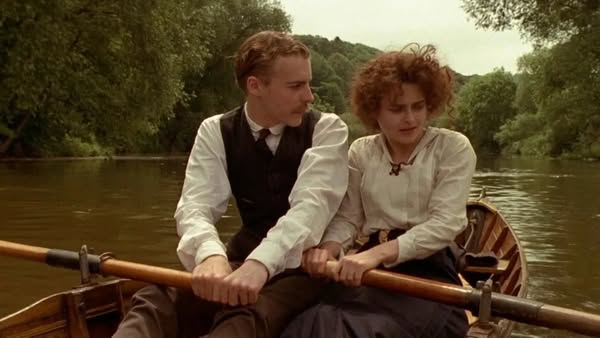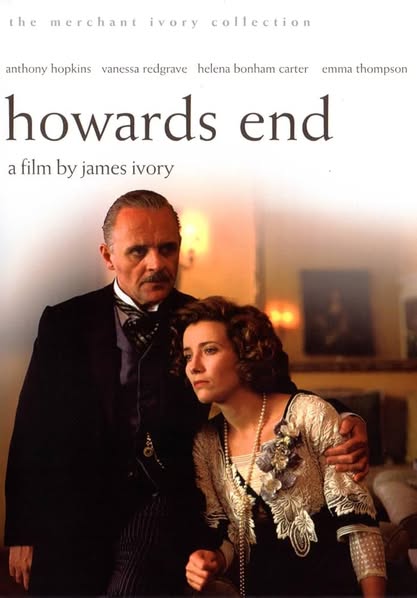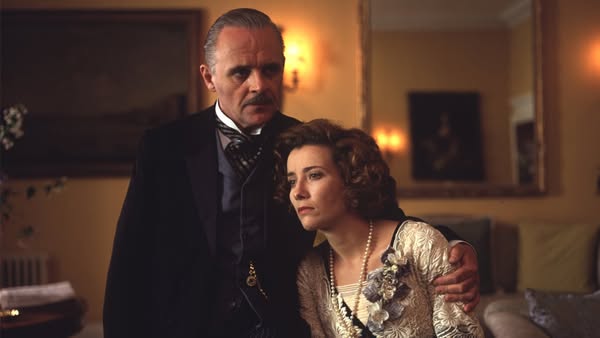Howards End (1992)

Howards End (1992) is a beautifully crafted period drama directed by James Ivory, based on E.M. Forster’s novel of the same name. The film explores themes of class, connection, and the changing social landscape of early 20th-century England through the intertwining lives of three families: the wealthy Wilcoxes, the intellectual Schlegels, and the working-class Basts.
The story centers on Margaret and Helen Schlegel, played by Emma Thompson and Helena Bonham Carter, who represent the progressive ideals of the time. They befriend the pragmatic Wilcox family, particularly Ruth Wilcox, portrayed by Vanessa Redgrave. When Ruth dies, she bequeaths her beloved country home, Howards End, to Margaret, a decision that ignites tensions between the families and sets off a series of events that ultimately reveal the complexities of social class and personal relationships.

Thompson delivers a standout performance as Margaret, embodying the character’s strength, compassion, and determination to bridge the divides between social classes. Bonham Carter’s portrayal of Helen adds depth to the narrative, capturing her youthful idealism and emotional struggles. The film features a strong supporting cast, including Anthony Hopkins as Henry Wilcox, whose rigid adherence to class structures contrasts sharply with the Schlegels’ values.

Visually, Howards End is stunning, with meticulous attention to detail in its production design and costumes, which transport viewers to the era. The cinematography captures the lush English countryside and the elegance of the homes, enhancing the film’s thematic richness. The score, composed by Richard Robbins, further amplifies the emotional resonance, complementing the film’s exploration of love, loss, and societal change.
At its core, Howards End is a meditation on human connection and the importance of understanding across divides. The famous line “Only connect” serves as a poignant reminder of the need for empathy and the bridging of social gaps. The film invites viewers to reflect on the nature of relationships and the impact of societal structures on personal lives.

In conclusion, Howards End is a masterful adaptation that captures the essence of Forster’s novel. Through its rich storytelling, strong performances, and visual splendor, the film offers a thought-provoking exploration of class, connection, and the enduring human spirit. It remains a timeless classic that resonates with audiences, inviting them to consider the complexities of society and the importance of understanding one another.











